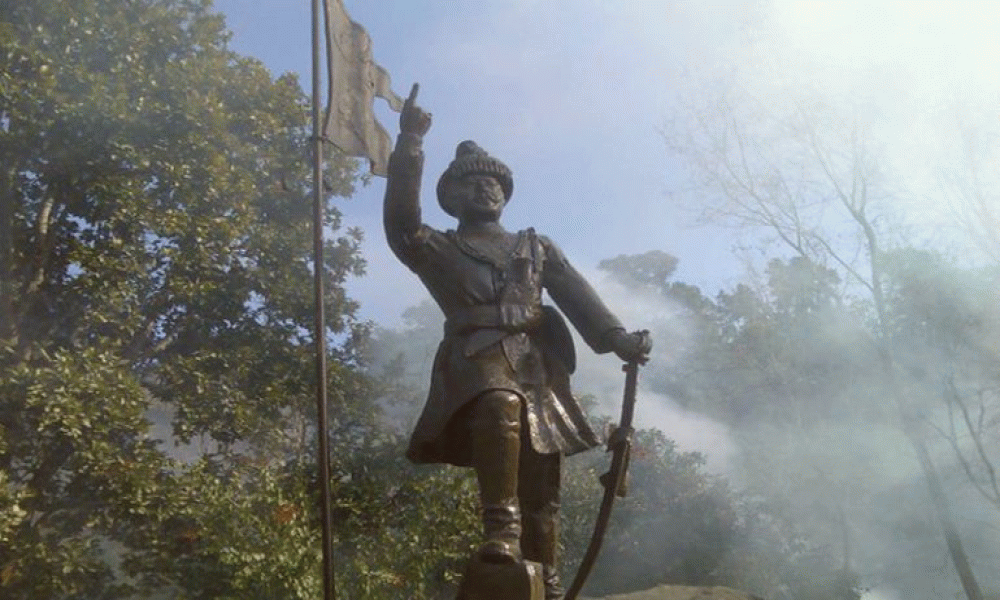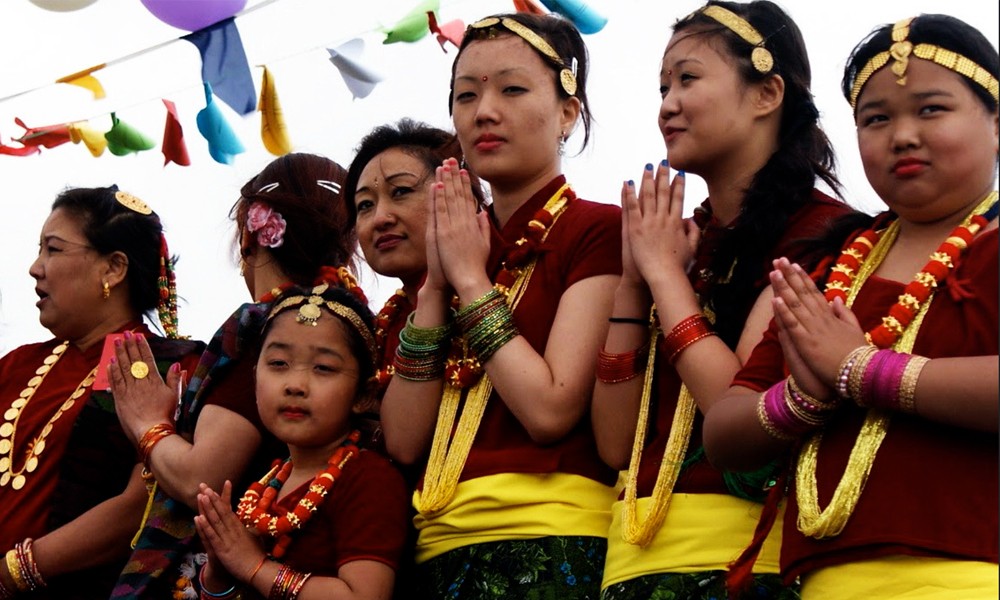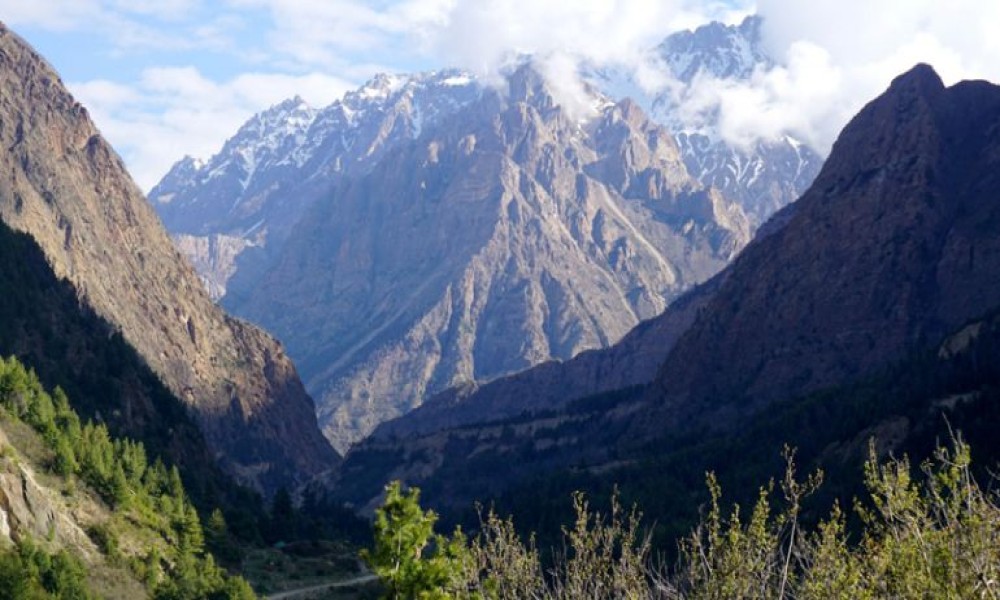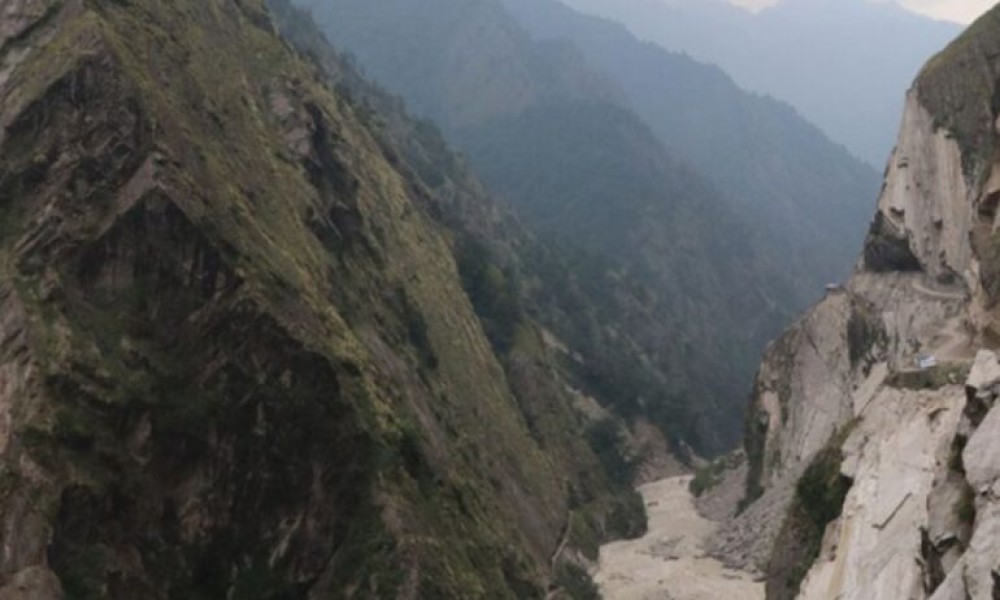More than 250 years ago, Prithvi Narayan Shah, the ambitious king of the Gorkha principality, launched a military campaign to invade weaker states, merge them with his own kingdom and give birth to what is now known as modern Nepal.
Shah is now a controversial figure. While the ruling class views him as the father of the modern nation, the marginalized communities believe he was an emperor. For the dominant Bahuns and Chhetris, Shah's military campaign was a process of unification. But for the excluded Adivasi Janajatis and Madhesis, it was a form of colonization.
Historians have unearthed what Shah spoke of his military campaign. According to a book by Rewati Raman Khanal, shah said: "I have had to use tricks and treachery to overpower enemy. I cannot go by Dharma Shastra (the sacred Law books of the Hindus) to conquer them."
Prithivi Narayan Shah is now a controversial figure. While the ruling class views him as the father of the modern nation, the marginalized communities believe he was an emperor. For the dominant Bahuns and Chhetris, Shah's military campaign was a process of unification. But for the excluded Adivasi Janajatis and Madhesis, it was a form of colonization.
So it is clear that Shah unified Nepal by tricks and his military campaign was a sin. He was successful in unifying Nepal geographically but he failed to make peoples in the conquered states feel equal citizens of the unified country. Unification is just the beginning of a national building process. It is not nation building in itself. After unification, Shah and his successors failed to build the nation. So Nepal's unification process is a painful reminder of a dark history for Adivasi Janajatis, Tharus and Madhesis.
We cannot alter the history. But we can learn lessons from it and right the wrongs done in history. Nepal's recent constitution making process was an opportunity to make the marginalized communities feel part of the unified country. But the political elite class squandered this opportunity, creating further grounds for political strife. By ensuring identity based federalism, secularism without inclination to any particular religion, end of linguistic discrimination and proportional representation in all state organs, the constitution could have created a truly inclusive country where Adivasi Janajatis feel part of the unified country.
Do we want to live as a unified nation? If we do, the onus to ensure it lies on the ruling class. They must try to initiate a process of true unification. The nation building process is not over. We are still in the middle of it.
Nepal's new constitution is not much different from Regalian Doctrine, which has been introduced by colonialists to capture lands traditionally occupied by native people in the Philippines. It disregards all the agreements between the state and indigenous people. And it also regresses on provisions of the interim constitution about proportional representation in all state organs (the article 21), rights to language (the article 5.3) and autonomy (the article 138.1), among others.
We cannot go back in time and prevent Shah from committing sins against Adivasi Janajatis. But the state can apologize with the oppressed communities, as in Australia and Cananda, for historical injustice done against them. The constitution is already passed without involvement of Adivasi Janajatis and Madhesis. Now the political elite must reach out to them and make them own the constitution by signing agreements to address their aspirations.
Do we want to live as a unified nation? If we do, the onus to ensure it lies on the ruling class. They must try to initiate a process of true unification. The nation building process is not over. We are still in the middle of it.










